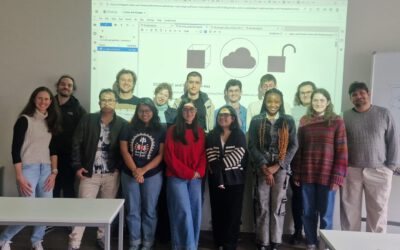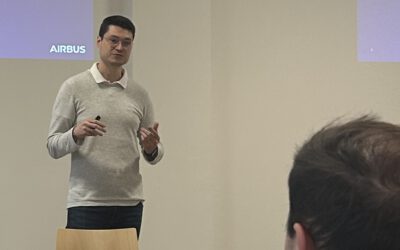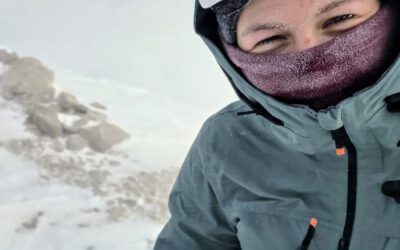 The AniMove summerschool in 2016 takes place in Germany, Lake Konstanz at MPI-O. It is a joint activity lead by Kamran Safi from MPI-O and Martin Wegmann from the Department of Remote Sensing together with colleagues from BIK-F, Smithsonian and others.
The AniMove summerschool in 2016 takes place in Germany, Lake Konstanz at MPI-O. It is a joint activity lead by Kamran Safi from MPI-O and Martin Wegmann from the Department of Remote Sensing together with colleagues from BIK-F, Smithsonian and others.
Animal movement is critical for maintenance of ecosystem services and biodiversity. The study of complex movement patterns and of the factors that control such patterns is essential to inform conservation research and environmental management. Technological advances have greatly increased our ability to track, study, and manage animal movements. But analyzing and contextualizing vast amounts of tracking data can present scientific, computational, and technical challenges that require scientists and practitioners to master new skills from a wide range of computational disciplines.
AniMove, a collective of international researchers with extensive experience in these topics, teaches a two-week intensive training course for studying animal movement. This two-week course focuses on interdisciplinary approaches linking animal movement with environmental factors to address challenging theoretical and applied questions in conservation biology. To achieve this, participants will acquire significant skills in computational ecology, movement data pre-processing and analysis, modeling, remote sensing and Geographic Information Systems (GIS).
During Week 1, participants learn new skills through lectures and hands-on exercises in data collection, management, analysis and modeling approaches. During Week 2, participants work in alone or in small groups on projects with datasets provided by course participants or instructors. Participants are encouraged to bring their own data and research questions to be addressed by themselves or by one of the working groups.
– See more at: http://animove.org/courses/2016-mpi








